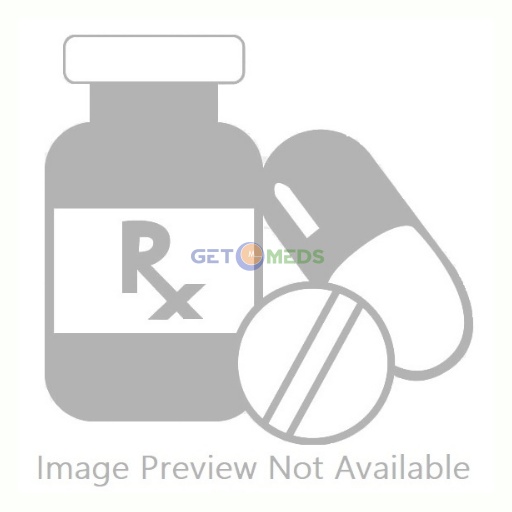-
Zyposa 100mg Tablet (Rs.6089.02)
Composition: Posaconazole (100mg)
-
Posanat 100mg Tablet (Rs.4686)
Composition: Posaconazole (100mg)
-
Posarul 100mg Tablet (Rs.5156.25)
Composition: Posaconazole (100mg)
-
Posoxil GR 100mg Tablet (Rs.6562.5)
Composition: Posaconazole (100mg)
-
Posacad GR Tablet (Rs.7500)
Composition: Posaconazole (100mg)
-
Posaforce 100mg Tablet (Rs.5624.99)
Composition: Posaconazole (100mg)
-
Picasa-GR Tablet (Rs.5661.56)
Composition: Posaconazole (100mg)
-
Candipoz-GR Tablet (Rs.4394.06)
Composition: Posaconazole (100mg)
All Details About Posaone 100mg Tablet
Find out detailed description, uses, directions of use, side effects, warnings and precautions, frequently asked questions about Posaone 100mg Tablet
Description:
Posaone 100mg Tablet is an antifungal medicine used to prevent and treat severe fungal infections, particularly in people with weakened immune systems. It is commonly prescribed to prevent invasive infections caused by Aspergillus and Franka species and to treat fungal infections of the mouth and throat.Posaone 100mg Tablet should be taken with food. Take it exactly in the dose and duration prescribed by your doctor. Do not skip doses and complete the full course of treatment, even if you start to feel better. While taking this medicine, follow good hygiene practices and avoid contact with people who have infections, especially if your immune system is weak.
The most common side effects of Posaone 100mg Tablet include diarrhea, nausea, fever, vomiting, headache, coughing, and hypokalemia (low potassium level). These are not usually serious, but let your doctor know if any of these side effects persist or worsen. They may be able to guide you on how to manage or prevent the side effects.
Communicate to your doctor before taking Posaone 100mg Tablet if you have ever had heart failure, kidney problems, or liver problems such as yellow skin (jaundice). If your course of treatment is for more than a month, your doctor may want to check your liver and potassium levels by testing your blood. Pregnant and breastfeeding women should not take this medicine without consulting their doctors.
Uses:
- Treatment of Severe fungal infections
Directions For Use:
Take this medicine in the dose and duration as advised by your doctor. Swallow it as a whole. Do not chew, crush or break it. Posaone 100mg Tablet is to be taken with food.Side Effects:
Most side effects do not require any medical attention and disappear as your body adjusts to the medicine. Consult your doctor if they persist or if you’re worried about themOrdinary side effects of Posaone
- Decreased potassium level in blood
- Cough
- Vomiting
- Headache
- Fever
- Nausea
- Diarrhea
Warning & Precautions:
As you may feel dizzy, sleepy, or have blurred vision while taking Posaone 100mg Tablet, which may affect your ability to drive.
Regular monitoring of kidney function tests is advised while taking this medicine. Employ of Posaone 100mg Tablet is not recommended in patients with moderate to severe kidney disease.
FAQs:
What is Posaone 100mg Tablet, and what is it used for?
How is Posaone 100mg Tablet taken?
Is Posaone 100mg Tablet effective?
What are the side effects of Posaone 100mg Tablet?
Written by:
Dr. T. Sharmila Krishna
M.B.B.S., MD (Biochemistry)
Reviewed by:
Dr. Sureshbabu Yadav
M.B.B.S., DIP.DIAB, F.R.S.H
Disclaimer:
Getomeds primary intention is to ensure that its consumers get information that is reviewed by experts, accurate, and trustworthy. The information and contents of this website are for informational purposes only. They are not intended to be a substitute for professional medical advice, diagnosis, or treatment. Please seek the advice of your doctor and discuss all of your concerns about any disease or medication. Do not disregard or postpone seeking professional medical advice because of something you read on Getomeds. Our mission is to support, not replace, the doctor-patient relationship.
